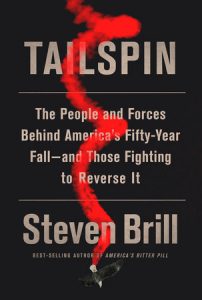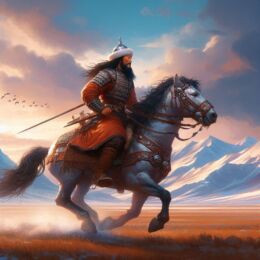1,190 words
Richard Hanania is a rising star among Right-wing intellectuals. He has a J.D. from the University of Chicago and a Ph.D. in political science from UCLA. He first came to national attention in 2015 with an op-ed in The Washington Post about why Donald Trump was right not to apologize for his controversial remarks. (This is ironic, given recent events.) (more…)

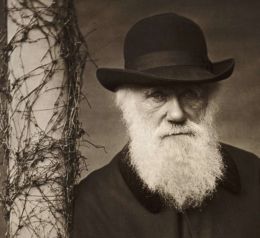
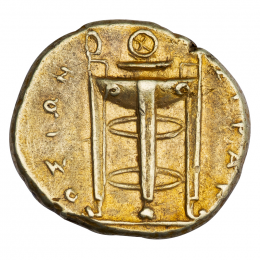
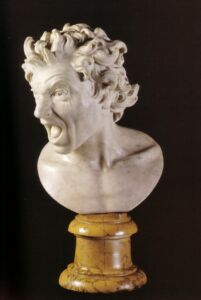
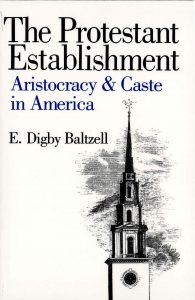
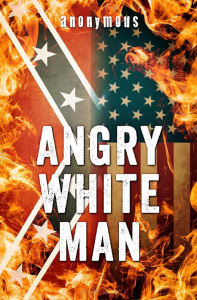 2,386 words
2,386 words